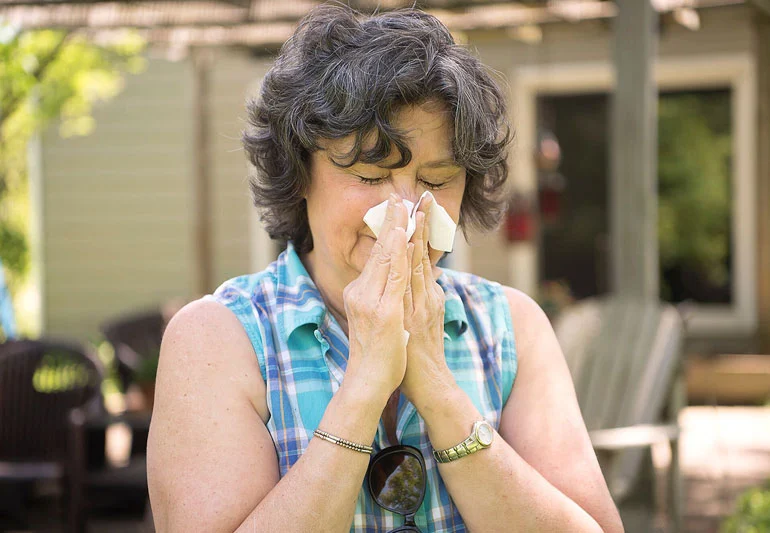Coping Strategies For Seasonal Allergies
3 min read
Seasonal allergies, commonly referred to as hay fever or allergic rhinitis, are an enormous source of frustration and anxiety for millions of Americans across the nation.
Allergies can be managed using various strategies, including medication and immunotherapy treatments. Over time, these interventions may desensitize your immune system to allergens and alleviate symptoms.
1. Identify Your Triggers
If you suffer from hay fever or seasonal allergies, one way to manage them effectively is to identify what triggers them – this may involve keeping a diary.
Talk with your physician about allergy tests – simple blood or skin tests can help your physician better diagnose symptoms.
Once your allergens have been identified, you can take steps to lower their levels in order to reduce allergy symptoms and enhance quality of life.
Mold can be an allergen that triggers asthma attacks in some people. To ensure the health of both you and your asthmatic friends, all areas that could contain mold such as humidifiers, swamp coolers, air conditioners or refrigerators should be thoroughly cleaned in order to remove mold growth.
Dust mites can also be an allergen trigger in your home, living on bedding, mattresses and upholstery furniture as well as carpets and other woven materials.
2. Take Action to Prevent Exposure
Spring brings trees and grasses out from hibernation, producing pollen that causes symptoms in many people. Usually symptoms start appearing around February and can last into early summer depending on climate conditions.
As allergy season draws near, it is vitally important that we take steps to minimize our exposure to allergens and their triggers. By doing this, it can help ensure a more manageable allergy season experience for everyone involved.
Avoid going outside when the pollen and mold counts are high. If necessary, stay inside on windy days or use protective measures such as wearing sunglasses with masks to limit how much pollen enters your eyes, nose, and mouth.
Keep windows closed and run your air conditioner regularly to reduce indoor allergens, and take steps such as regularly bathing pets to minimize the shedding of dander. Furthermore, using a dehumidifier in the home will also help lower humidity levels.
3. Seek Treatment
Seasonal allergies, or “hay fever”, occur when your body overreacts to certain environmental stimuli such as pollen from trees, grasses and weeds. This reaction causes symptoms like itchy, watery eyes and sneezing; symptoms may include itchy nose and watery eyes as well as sneezing fits.
These symptoms may range in intensity depending on what has triggered it and can range from mild to severe, making treatment necessary in order to ease and/or stop these reactions.
Your doctor can help you select an allergy medication regimen tailored specifically to you. Some may be available over-the-counter (OTC), while others require a valid valid valid valid prescription.
Your doctor may suggest allergy immunotherapy as another means of building tolerance to allergens gradually by increasing exposure. This process could take up to several years before completion.
4. Stay Positive
If you suffer from seasonal allergies, there are various coping strategies that may help get through the spring season more comfortably. Talk with your physician about medications to alleviate symptoms as well.
Avoiding allergies requires staying indoors during high pollen counts – usually morning and evening hours – but if necessary, showering afterward to wash away any pollen that might have made its way onto clothing or skin.
Use saline nasal sprays to clear away allergens from your nose. Once at home, ensure it’s free from dust mites or other triggers that might set off an allergic response.
Testing yourself for seasonal allergies is also key. A blood or skin test at your physician’s office can easily reveal which allergens you’re reacting to and help him or her create a personalized treatment plan. Furthermore, keeping an allergy diary may be useful in helping identify triggers and when symptoms arise.







